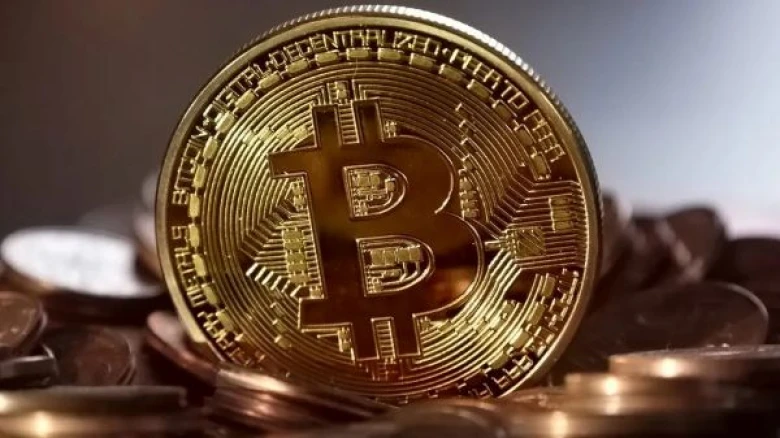Sports

Parallels emerge between its journey with torrenting, a technology once celebrated for its decentralised sharing capabilities
Digital Desk: As the next halving event approaches, selling pressure falls as coin holders anticipate a surge above the $70,000 price threshold. The Bitcoin Exchange Stablecoin Ratio has reached a twelve-month low. Cryptocurrency is currently in its longest spell of strong feelings. A Bitcoin halving event occurs when the reward for mining Bitcoin transactions is cut in half.
However, the biggest question remains intact to many Indians as to what is Bitcoin’s future.
India stands at the crossroads of technological transformation, witnessing the rise and fall of pioneering technologies. As Bitcoin, once hailed as the future of finance, grapples with regulatory scrutiny and public scepticism, parallels emerge between its journey with torrenting, a technology once celebrated for its decentralised sharing capabilities.
Could Bitcoin be destined to follow in the footsteps of its fallen predecessor on Indian soil?
Torrenting, once the lifeline of digital enthusiasts and content consumers, promised unrestricted access to a world of entertainment and knowledge. Its decentralised architecture empowered users to share files peer-to-peer, bypassing the gatekeepers of centralised servers.
Yet its downfall lay in the shadows of piracy and legal traps. Prompted by concerns of copyright infringement, cracked down on torrenting sites, shutting them down and prosecuting users. The charm of torrenting faded, leaving users disillusioned and suspicious.
Similarly, Bitcoin emerged in India as a beacon of financial inclusion and empowerment, offering an alternative to traditional banking systems. Its decentralised blockchain technology promises secure and transparent transactions, free from the control of central authorities.
However, regulatory uncertainty and concerns over illegal activities cast a pall over its legitimacy. Indian regulators tightened their grip on cryptocurrency exchanges, issuing warnings and restricting their operations. The Indian government also introduced its digital currency: “Digital Rupee” or “e₹” is a legal tender, similar to sovereign paper currency to tackle the rising concerns over cryptocurrencies.
Users faced uncertainty and scrutiny, hindering Bitcoin's adoption and acceptance.
The parallels between Bitcoin and torrenting become increasingly evident. Both technologies once celebrated as disruptors, now face existential threats on Indian shores. Bitcoin's decentralised nature, once its greatest strength, now exposes it to regulatory crackdowns and public scepticism.
Yet, amidst the challenges, glimmers of hope emerge. Just as torrenting spurred the growth of legal streaming services in India, Bitcoin's underlying blockchain technology continues to inspire innovation. From decentralised finance (DeFi) platforms to blockchain-based solutions for social impact, Indian entrepreneurs and developers are exploring the vast potential of the ecosystem.
Bitcoin's true legacy in India lies not in its downfall but in the seeds of innovation, it sows.
The fate of Bitcoin in India remains uncertain. Will it succumb to the same forces that felled torrenting, relegated to the sidelines of digital history? Or will it fight the odds, evolving into a motivation for financial empowerment and technological progress? Only time will tell, but one thing is certain: the parallels between Bitcoin and torrenting serve as a stark reminder of the complexities of technological revolutions and the resilience of human ingenuity in the face of uncertainty.
Leave A Comment